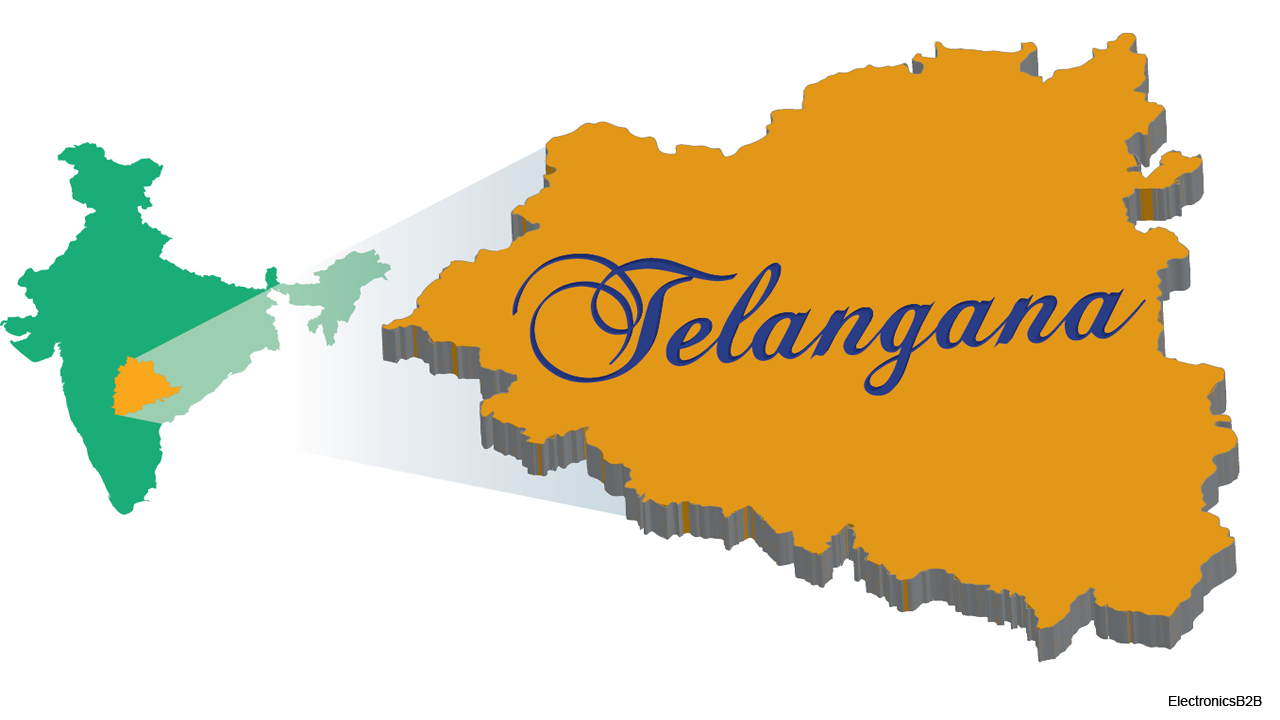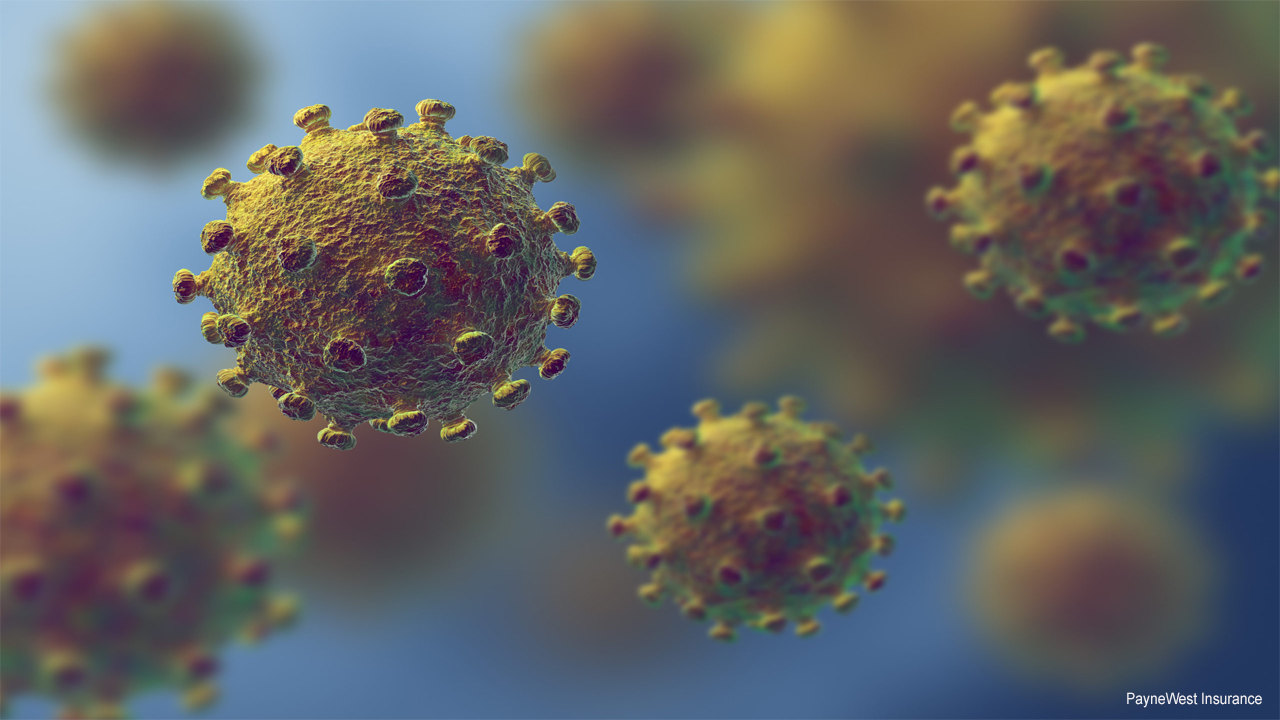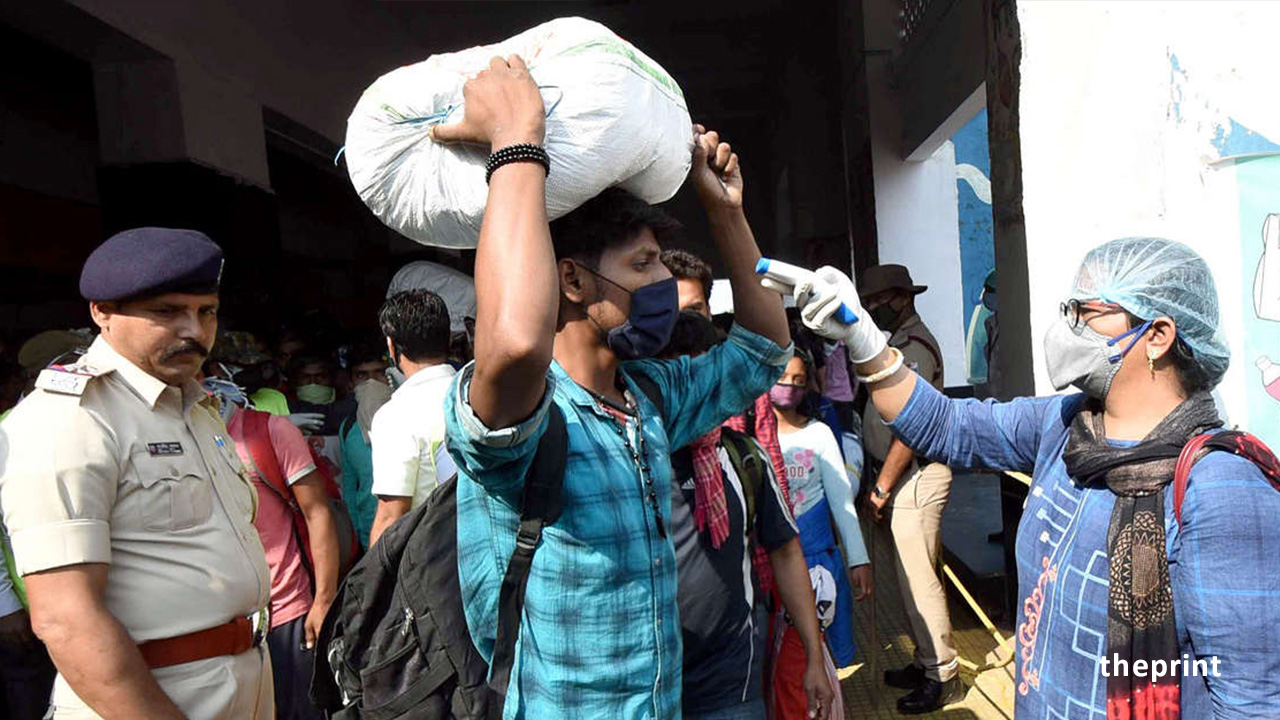As the world approaches 2050, the demand for food production is expected to rise. With an ever-increasing population and rising global consumption patterns, the environmental toll of feeding humanity is becoming clearer. The latest Living Planet Report from the World Wildlife Fund (WWF) sheds light on this pressing issue, revealing that India's food consumption pattern is the most environmentally friendly among G20 nations. This recognition is a testament to the potential of sustainable food systems, and it urges a global reconsideration of dietary habits to combat the looming environmental crisis.
The WWF's report emphasizes that India's diet stands out as a model for sustainability. If every country adopted India's consumption habits, the planet would require less than one Earth to sustain food production by 2050. In stark contrast, if the world continues to follow the consumption patterns of major economies, food-related greenhouse gas emissions would surge beyond the 1.5°C climate target, and the demand for land and resources would be unsustainable, necessitating multiple Earths to meet food production needs.
A critical challenge highlighted in the report is overconsumption, particularly of fats and sugars, which is not only detrimental to the environment but is also fueling a global obesity epidemic. With over 2.5 billion adults worldwide categorized as overweight, and 890 million classified as obese, the need for a dietary shift is evident. The excessive intake of animal-based products and processed foods has contributed to significant health issues and is putting an immense strain on natural resources.
For instance, animal agriculture is responsible for a substantial portion of greenhouse gas emissions, water use, and deforestation. Meanwhile, a diet rich in plant-based foods requires fewer resources and emits fewer greenhouse gases. India's traditional dietary pattern, which relies heavily on plant-based ingredients such as legumes, vegetables, grains, and millets, is a striking example of how a nation can nourish its population while minimizing environmental harm.
The WWF report showcases that addressing food consumption is just as important as improving food production. Without a global effort to change what and how we eat, technological advancements in farming and food supply chains will not be enough to keep climate change in check. Therefore, countries must adapt their diets to create a balance between human health and the planet's well-being.
One of the standout strategies for sustainable food consumption in India is the National Millet Campaign, which has gained international attention for promoting climate-resilient grains. Millets, an ancient grain indigenous to India, are well-suited to withstand harsh weather conditions, making them a reliable food source in the face of climate change. Rich in nutrients and relatively easy to grow, millets require fewer resources than other staple crops like rice and wheat.
India’s promotion of millets is an excellent example of how traditional foods can play a key role in shifting towards more sustainable diets. By reintroducing these ancient grains into modern diets, India is not only preserving its agricultural heritage but also providing a sustainable, nutritious alternative to resource-intensive crops. The focus on millets and other climate-resilient grains could become the future global food strategies as the world suffers with the impact of climate change on agriculture.
While India's diet provides a strong foundation for global sustainability, the WWF report also recognizes the diversity of nutritional needs across different regions. In some countries, particularly in developed nations, a shift toward more plant-based foods is necessary to reduce environmental strain. However, in countries where malnutrition and hunger are still prevalent, increasing the intake of nutrient-dense foods, including animal-source products, might be essential to address food insecurity.
This highlights the complexity of creating a one-size-fits-all solution for the world’s dietary needs. Local cultural traditions, individual preferences, and available food sources must be considered when designing sustainable diets. The report emphasizes that local foods, which are often more suited to the environment and provide essential nutrients, should be promoted to reduce dependence on global food imports, which can be environmentally damaging and unsustainable.
In countries with limited resources for food production, increasing access to affordable, nutritious foods is crucial. To achieve this, financial incentives could be implemented to encourage the growth and consumption of sustainable food sources. These incentives could also support the development of alternative proteins, such as plant-based meat, legumes, and algae, which are nutritionally rich and have a much smaller environmental footprint compared to traditional animal products.
To truly achieve global food security in a way that is environmentally sustainable, the world must undergo significant dietary changes. This requires both individual efforts and systemic changes supported by governments and organizations. The report suggests that people in developed countries should consume fewer animal products and more plant-based foods. This shift would not only reduce the environmental impact of food production but also help to address the global obesity epidemic.
The introduction of alternative protein sources, such as plant-based meats, is already gaining traction in many parts of the world. These products mimic the taste and texture of animal meat but require far fewer resources to produce. As these innovations become more widespread and affordable, they have the potential to reduce the demand for animal agriculture significantly.
In developing countries, on the other hand, addressing malnutrition and food insecurity is the priority. For many regions, this means increasing the availability of nutrient-rich foods, including those derived from animals, while simultaneously improving access to plant-based options. The report makes it clear that while the global population continues to grow, we must ensure that everyone has access to a nutritious, balanced diet that does not come at the expense of the planet.
India’s food consumption patterns offer a glimpse of what a more sustainable future could look like. The country’s emphasis on plant-based diets, traditional grains like millets, and the promotion of climate-resilient foods demonstrates that it is possible to feed a growing population without exhausting the Earth's resources. By adopting similar practices, the rest of the world can reduce its environmental impact while ensuring that future generations have access to the food they need.
However, achieving this vision requires a global commitment to dietary shifts. Governments, food producers, and consumers must work together to make sustainable, nutritious food accessible to all. This means not only changing what we eat but also how food is produced, distributed, and consumed. With the right policies, financial incentives, and public awareness campaigns, we can move toward a future where the world’s food systems are resilient, healthy, and sustainable.
The time to act is now. The WWF’s report serves as a stark reminder that without immediate changes, we risk pushing the planet beyond its limits. But with concerted efforts, we can create a food system that supports both human health and the environment, ensuring a better future for all.

 The country’s emphasis on plant-based diets, traditional grains like millets, and the promotion of climate-resilient foods demonstrates that it is possible to feed a growing population without exhausting the Earth's resources.
The country’s emphasis on plant-based diets, traditional grains like millets, and the promotion of climate-resilient foods demonstrates that it is possible to feed a growing population without exhausting the Earth's resources.




















.jpeg)

.jpeg)










.jpg)




.jpg)

